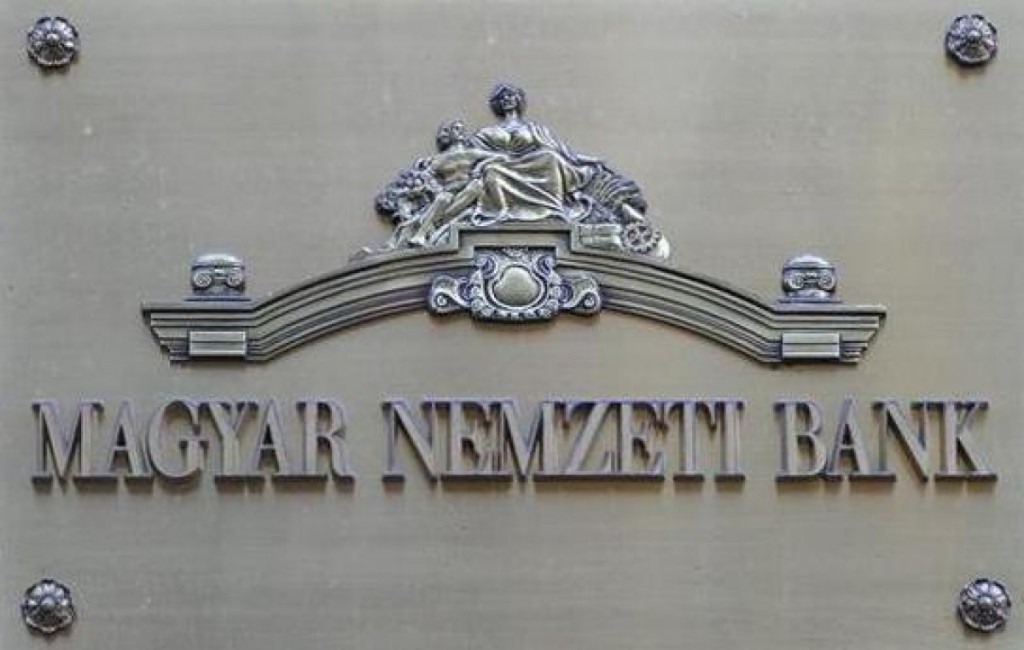State debt 68.7% of GDP at Q2 end

Hungaryʼs state debt stood at 68.7% of GDP at the end of June, down from 70.0% of GDP at the end of March, the National Bank of Hungary (MNB) said on Wednesday concerning preliminary data of national financial accounts, state news wire MTI reported.
State debt, including data of Eximbank, Hungaryʼs state-owned export development bank, was down from 74% at the end of Q2 2018.
Hungaryʼs constitution requires the year-end debt-to-GDP ratio to fall each year until it reaches 50%.
Excluding Eximbank, the state debt ratio would have reached 67.0% of GDP at the end of Q2, down from 68.2% at the end of Q1, and down from 72% a year earlier.
In 2018, the MNB started publishing separate state debt ratios, with and without the balance sheet of Magyar Eximbank, in line with a decision by Eurostat, the EUʼs official statistics agency. Eurostat had maintained for years that Magyar Eximbank - as what it termed a “captive financial institution” - should be reclassified inside the general government sector, raising state debt.
In nominal value, state debt was equivalent to HUF 29.519 trillion at the end of Q2. It rose from HUF 29.358 tln at the end of Q1, and from HUF 28.821 tln a year earlier.
In the second quarter, net borrowing increased the nominal figure by HUF 160 bln, as transactions raised the stock by HUF 113 bln and revaluations by HUF 47 bln.
Net liabilities of the general government amounted to HUF 24.198 tln, or 54.9% of GDP, at the end of Q2.
The net financing requirement of the general government, which MTI describes as a good approximation of the general government deficit, was HUF 517 bln, or 1.2% of GDP, in the four quarters to the end of Q2. General government net lending was HUF 120 bln in the second quarter itself, equalling 1.1% of quarterly GDP.
Net lending of households or net savings, at HUF 2.287 tln, were equivalent to 5.2% of GDP in the four quarters to Q2. In Q2 alone, net lending stood at HUF 638 bln, equivalent to 5.6% of quarterly GDP.
Within householdsʼ financial assets, the increase in the stock of long-term government securities, due to transactions, was outstanding in Q2. The rise most likely reflected the high subscriptions of the new MÁP Plusz retail bonds, which were launched in early June. Within householdsʼ financial liabilities, the stock of forint housing loans rose significantly due to transactions, while consumer and other loans also increased, but to a lesser degree.
SUPPORT THE BUDAPEST BUSINESS JOURNAL
Producing journalism that is worthy of the name is a costly business. For 27 years, the publishers, editors and reporters of the Budapest Business Journal have striven to bring you business news that works, information that you can trust, that is factual, accurate and presented without fear or favor.
Newspaper organizations across the globe have struggled to find a business model that allows them to continue to excel, without compromising their ability to perform. Most recently, some have experimented with the idea of involving their most important stakeholders, their readers.
We would like to offer that same opportunity to our readers. We would like to invite you to help us deliver the quality business journalism you require. Hit our Support the BBJ button and you can choose the how much and how often you send us your contributions.








